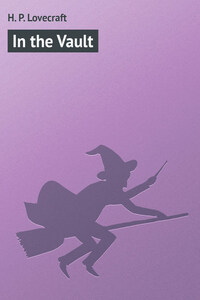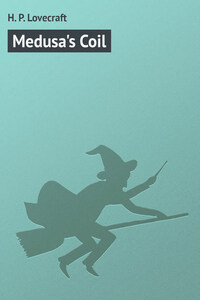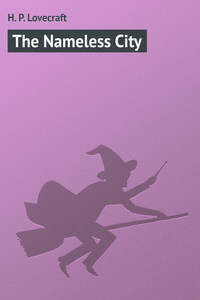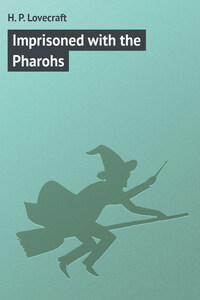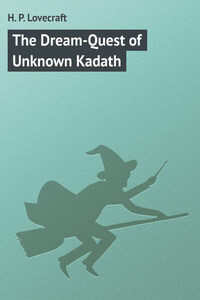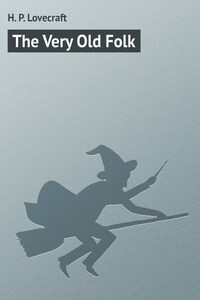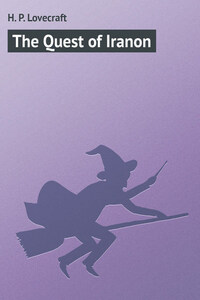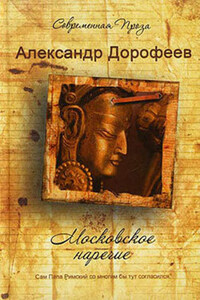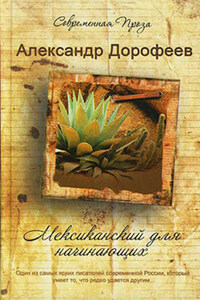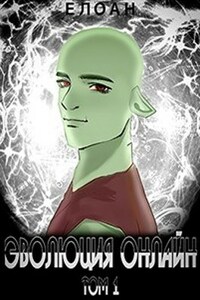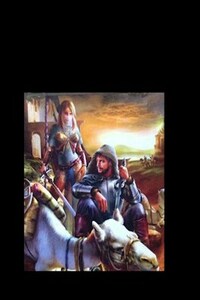Dedicated to C. W. Smith,
from whose suggestion the central situation is taken.
Birch acquired a limitation and changed his business in 1881, yet never discussed the case when he could avoid it. Neither did his old physician Dr. Davis, who died years ago. It was generally stated that the affliction and shock were results of an unlucky slip whereby Birch had locked himself for nine hours in the receiving tomb of Peck Valley Cemetery, escaping only by crude and disastrous mechanical means; but while this much was undoubtedly true, there were other and blacker things which the man used to whisper to me in his drunken delirium toward the last. He confided in me because I was his doctor, and because he probably felt the need of confiding in someone else after Davis died. He was a bachelor, wholly without relatives.
Birch, before 1881, had been the village undertaker of Peck Valley; and was a very calloused and primitive specimen even as such specimens go. The practices I heard attributed to him would be unbelievable today, at least in a city; and even Peck Valley would have shuddered a bit had it known the easy ethics of its mortuary artist in such debatable matters as the ownership of costly “laying-out” apparel invisible beneath the casket’s lid, and the degree of dignity to be maintained in posing and adapting the unseen members of lifeless tenants to containers not always calculated with sublimest accuracy. Most distinctly Birch was lax, insensitive, and professionally undesirable; yet I still think he was not an evil man. He was merely crass of fibre and function – thoughtless, careless, and liquorish, as his easily avoidable accident proves, and without that modicum of imagination which holds the average citizen within certain limits fixed by taste.
Just where to begin Birch’s story I can hardly decide, since I am no practiced teller of tales. I suppose one should start in the cold December of 1880, when the ground froze and the cemetery delvers found they could dig no more graves till spring. Fortunately the village was small and the death rate low, so that it was possible to give all of Birch’s inanimate charges a temporary haven in the single antiquated receiving tomb. The undertaker grew doubly lethargic in the bitter weather, and seemed to outdo even himself in carelessness. Never did he knock together flimsier and ungainlier caskets, or disregard more flagrantly the needs of the rusty lock on the tomb door which he slammed open and shut with such nonchalant abandon.
